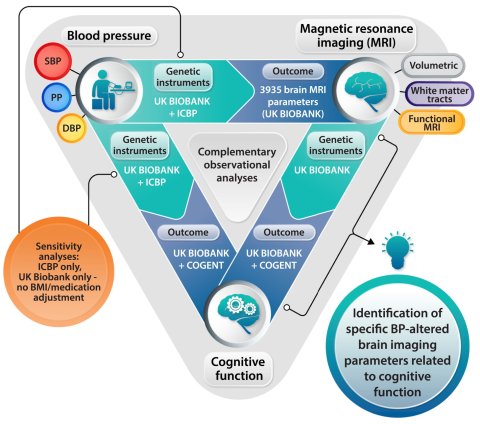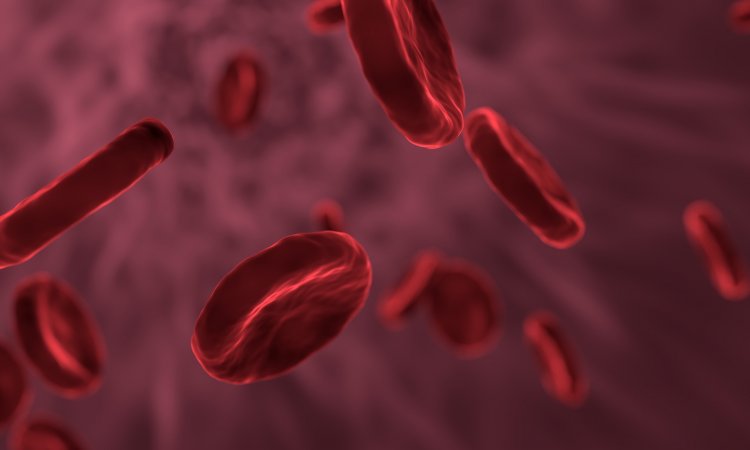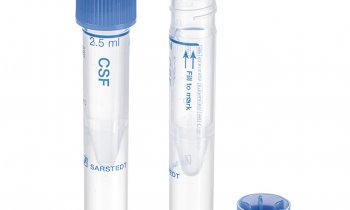Image source: Adobe Stock/Drazen
News • Hypertension and the brain
Study links high blood pressure to memory loss and dementia
Areas of the brain damaged by high blood pressure, affecting memory loss, thinking skills and dementia, have been identified in a new study.
The findings, which have been published in the European Heart Journal, could lead to early identification and treatment of people most at risk from a decline in brain function.
High blood pressure occurs in one in three people worldwide, with a further one in three showing early stages of the disease. While studies have previously shown that it can affect brain function, it was not known exactly which areas of the brain are affected and how. Using information gathered from a combination of magnetic resonance imaging (MRI) of brains, genetic analyses and observational data from thousands of patients, the study was able to examine the effect of high blood pressure on cognitive function.

Image source: Siedlinski et al., European Heart Journal 2023 (CC BY-NC 4.0)
The scientists, led by Professor Tomasz Guzik of the University of Edinburgh, found changes to nine parts of the brain were related to higher blood pressure and worsening of cognitive function. The changes included decreases in brain volume and the amount of surface area on the cerebral cortex – the part of the brain that plays a key role in language, memory, reasoning and personality. The team also found changes to connections between different parts of the brain, and changes in measures of brain activity.
The team used brain MRI imaging and genetic data from over 30,000 participants in the UK Biobank study and two other international groups – COGENT and the International Consortium for Blood Pressure. These results could help with precision medicine, so that we can target more intensive therapies to prevent the development of cognitive impairment in patients most at risk, experts say.
The research was co-funded by the European Research Council, the British Heart Foundation and Italian Ministry of Health. Limitations of the study include that participants in the UK Biobank study are mainly white and middle-aged, so it might not be possible to extrapolate the findings, for example to older people.
"We hope that our findings may help us to develop new ways to treat cognitive impairment in people with high blood pressure," says Prof Guzik. "Studying the genes and proteins in these brain structures could help us understand how high blood pressure affects the brain and causes cognitive problems, and potentially predict who will develop memory loss and dementia faster in the context of high blood pressure."
Source: University of Edinburgh
29.03.2023











